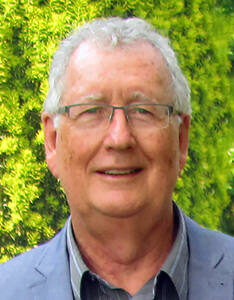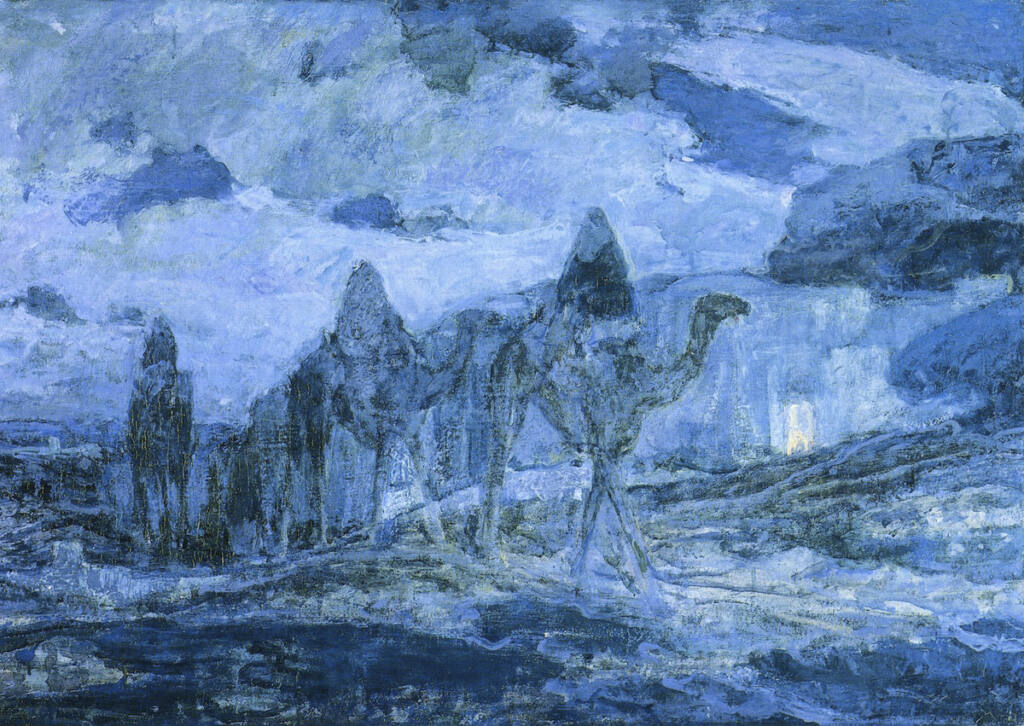
WelCom December 2023
Ian Munro
It seems to me that each year it gets that little bit more difficult to engage with the Christmas message, to cut through the commercial hoo-ha that surrounds it; hoo-ha that, these days, can start to build as early as September.
The Christmas trees, decorations and lights remind us that Christmas is coming and the marketing machine urges us to purchase ever new and ever more expensive gifts. ‘Buy! Buy! Buy! Now! Now! Now!’
Pope Benedict XVI, in an Advent homily in 2005, talked of joy being the true gift of Christmas rather than expensive presents, which demand time and money. Joy is something we can give ‘with a smile, with a kind gesture, with some small help, with forgiveness. Let us give this joy and the joy given will be returned to us’.
Pope Francis added to this in his 2022 Christmas message: ‘Two thousand years after the birth of Jesus, after so many Christmases spent amid decorations and gifts, after so much consumerism that has packaged the mystery we celebrate, there is a danger. We know many things about Christmas, but we forget its real meaning.’
Only one message
When you look back over the years the papal Christmas messages are, for obvious reasons, similar in theme, after all there is really only one message: ‘To you is born this day a Saviour, who is Christ the Lord.’ [Lk2:11]
As far back 440 we find that Pope St Leo I’s first Christmas sermon, one of the earliest recorded papal Christmas messages, was about how Christmas was a time of joy and that God coming to Earth as man is one of the greatest gifts he could have given us.1
It’s interesting, too, to see some of the words that crop up again and again in these messages. They are few but recurrent: humble, humility, poor, poverty, peace, love, compassion, kindness, light, joy, tenderness, true gift, true wealth, opening our hearts, harmony, children, and manger.
Each Christmas I find it grounding to stand in front of a nativity scene and think about what it is I’m looking at. And I see a small new-born child, wrapped in swaddling cloth who’s been lovingly and tenderly laid down in a rough, wooden, animals’ feeding trough. There are no bells, no triumphant fanfare, no twinkling lights, no ‘ho ho ho’, no Bing Crosby, no brand managers wondering how they can pitch this.
Francis asks us to pray in front of the crib with our family and be touched by the tenderness of the child born poor and fragile among us, to give us His love. ‘This is the true Christmas! If we remove Jesus, what remains of Christmas? An empty feast. Do not take Jesus out of Christmas! Jesus is the centre of Christmas. Jesus is the true Christmas.’2
And this is the problem. So often, even without thinking, we celebrate a Christmas where we put ourselves at the centre and Christmas really does become a celebration of consumerism, pointless gifts, and superfluous waste.
It will be Christmas if…
‘…it will be Christmas,’ Francis says, ‘if, like Joseph, we give space to silence; if, like Mary, we say “here I am” to God; if, like Jesus, we are close to those who are alone; and if, like the shepherds, we come out of our enclosures to stay with Jesus. It will be Christmas if we find light in the poor grotto of Bethlehem. It will not be Christmas if we seek the dazzling lights of the world, if we fill ourselves up with gifts, lunches and dinners but do not help at least one poor person, who resembles God, because at Christmas God became poor.’3
As he said on the occasion of the lighting of a Christmas tree in 2014: ‘In turning on the light of the Christmas tree, we wish for the light of Christ to be in us. A Christmas without light is not Christmas. Let there be light in the soul, in the heart; let there be forgiveness to others; let there be no hostilities or darkness.…Let there be the beautiful light of Jesus.’4
Ian Munro is a writer and columnist. He is a member of the Archdiocese of Wellington’s EJP Commission’s Integral Ecology Committee and a parishioner at Our Lady of Hope Parish, Tawa.
Endnotes
1 Pope St Leo I, Sermon 21, 25 December, 440
2 Pope Francis, Address in St. Peter’s Square to birthday well-wishers, 17 December, 2017
3 Pope Francis, General Audience, Vatican, 19 December, 2018
4 Pope Francis, Address of His Holiness Pope Francis on the Occasion of the Lighting of the Christmas Tree in Gubbio, 7 December, 2014
